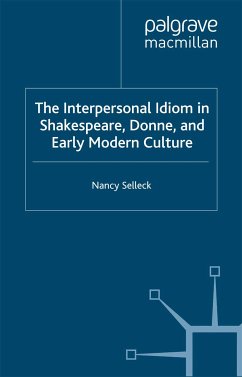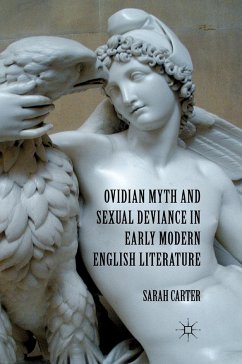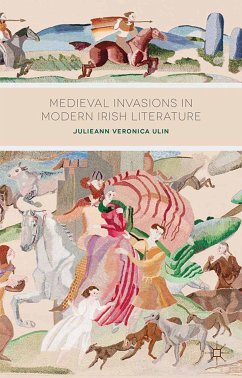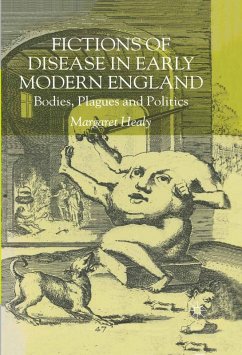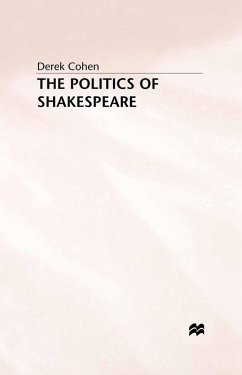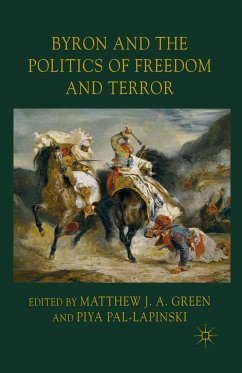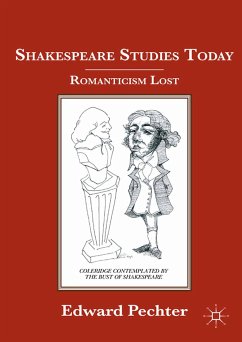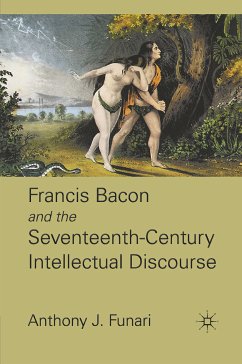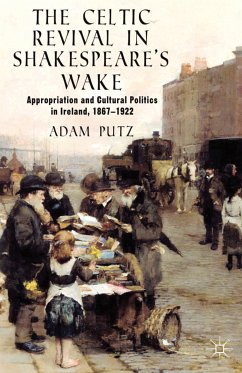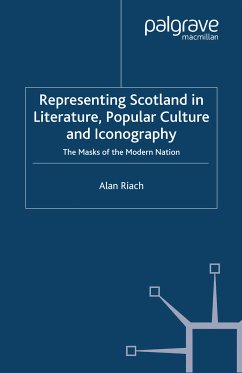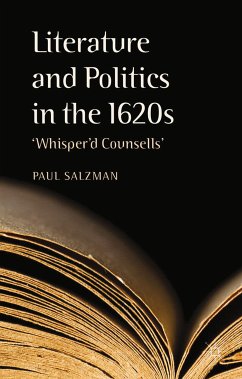
Literature and Politics in the 1620s (eBook, PDF)
'Whisper'd Counsells'
Versandkostenfrei!
Sofort per Download lieferbar
40,95 €
inkl. MwSt.
Weitere Ausgaben:

PAYBACK Punkte
20 °P sammeln!
Literature and Politics in the 1620s argues that literature during this decade was inextricably linked to politics, whether oppositional or authoritarian. A wide range of texts are analyzed, from Shakespeare's First Folio to Middleton's A Game At Chess, from romances and poetry to sermons, tracts and newsbooks.
Dieser Download kann aus rechtlichen Gründen nur mit Rechnungsadresse in A, B, BG, CY, CZ, D, DK, EW, E, FIN, F, GR, HR, H, IRL, I, LT, L, LR, M, NL, PL, P, R, S, SLO, SK ausgeliefert werden.



